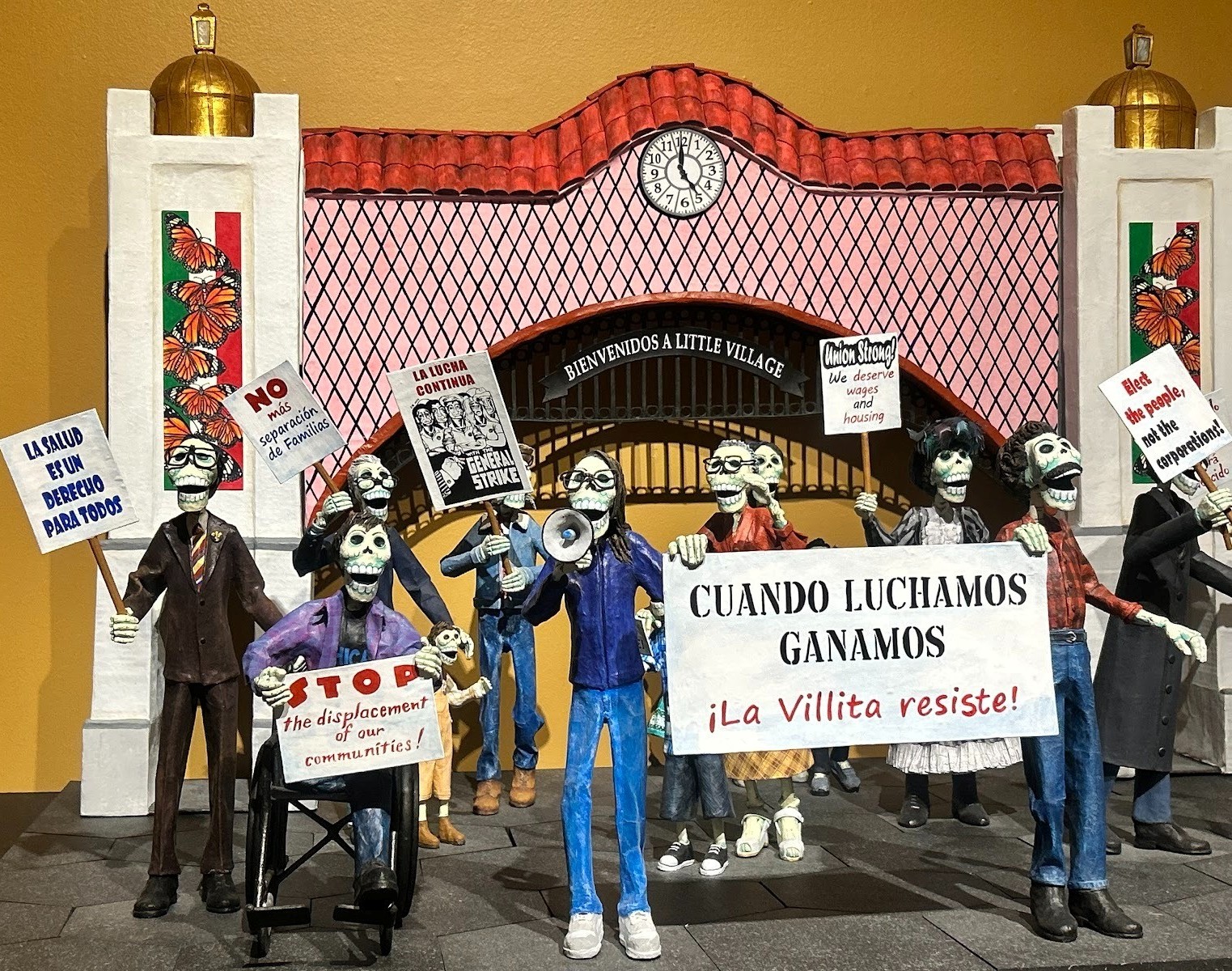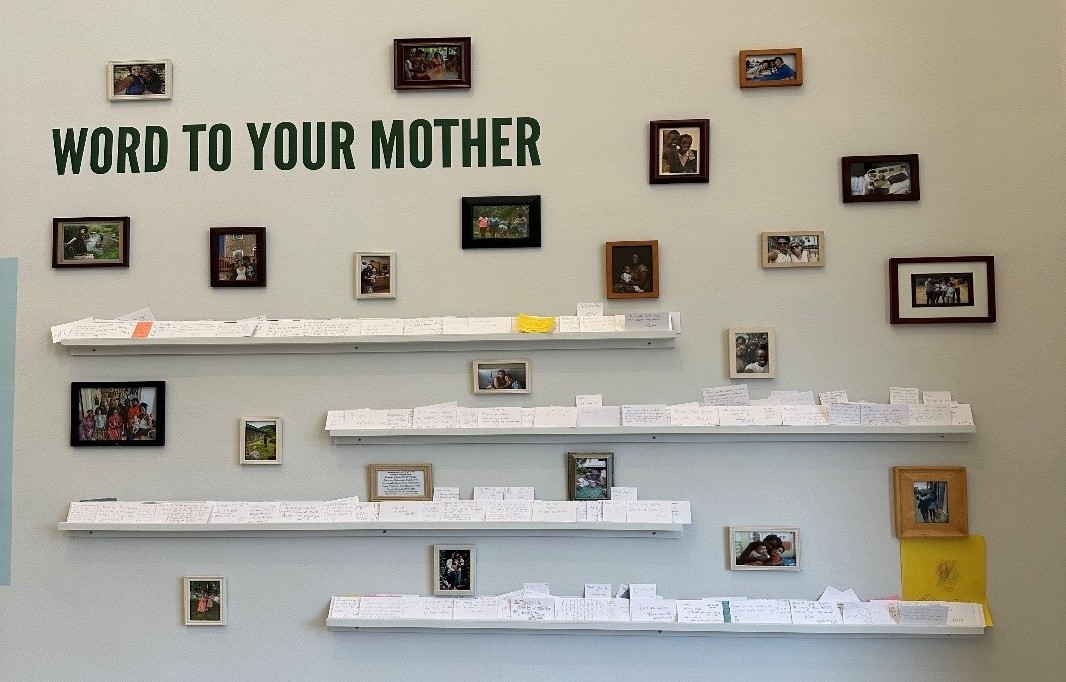Submitted on Fri, 11/02/2007 – 12:42.
Story by Carlos Ardila

Lincoln Square residents have mixed feelings about a new law that targets families of youngsters convicted of vandalism by hitting them with big fines.
The law, which takes effect Nov. 4, will require the legal guardian of a minor caught “tagging” private or public property to pay up to $3,000.
Margaret Gillman, CAPS coordinator for beat 2012 on the city’s North Side, told about 20 people at the Oct. 10 meeting that overall crime was down 17 percent from last September. But criminal damage, which includes vandalism, remained high in the North Side community, with 22 cases.
Gillman said getting rid of graffiti is an uphill battle.
“These little buggers are like cockroaches,” Gillman said, referring to the fact that recently cleaned walls are defaced almost as quickly as they get painted over. She said 94 percent of tags are not related to gangs and the majority are from kids just messing around that want to leave a mark.
The graffiti law gives the city the option to punish vandals and will hopefully deter future actions, said Roel M. Doherty-Roque, a 20th district police officer. This approach to combat graffiti is simple, he said: hit people in their wallets.
“We basically want to target the pocketbook”, Roque said.
Tim Czarnecki, an aide to Ald. Patrick O’Connor, said his boss thinks the problem has gotten worse in the past year.
“Now they are using acid on the windows” said Czarnecki.
The acid that has become increasingly popular among graffiti artists burns glass so badly the damaged windows must be replaced.
Some area business owners hit by graffiti say the measure could not have come at a better time.
Linda M. Mandel, the owner of a custom plant shop on Damen Avenue, who has vestiges of graffiti on her front window, said the idea of charging families of the kids that tag is “terrific”.
She believes, as do others in the area, that graffiti and personal “tags” are “detrimental for the area,” and wishes these kids could do another after-school activity other than tagging their names on other people’s windows.
But to some residents with teenage children the new law seems useless and misguided.
Conzuelo Tolson, a hairdresser and single mother of a 15-year-old believes the new law might prove ineffective at stopping graffiti. “They (kids) have too much time on their hands” and “they have a mind of their own,” Tolson said.
For full-time workers such as Tolson, the parent-sibling time is limited and only after-school programs provide supervised use of leisure time for students. “You can only tell them to not do it,” Tolson said.
Some aldermen opposed the measure, saying the monetary penalty on poor families could cause too big of a burden.
The ordinance will only apply to legal guardians of minors who are unemancipated and reside in the same residence. A minor is a person who is 11 years of age but not yet 17 according to the ordinance. The new law gives the option of community service instead of a fine or in addition to a fine.
A more comprehensive approach that includes actual physical labor would yield better results according to Officer Roque. “It is the best policy because if the parents just have to pay the fine some kids won’t get affected,” Roque said.
Several after-school programs and organizations in Chicago were still reviewing the ordinance for its potential impact on the families of the teenagers.
Categories:
North Side Northwest Side Public Social Issues






Be First to Comment